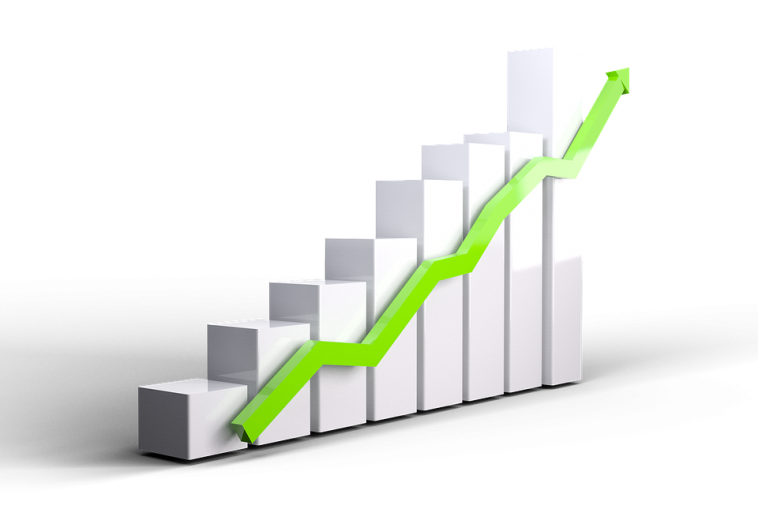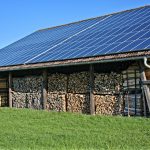Do you know that the capital generated in domestic listings by African issuers increased for the two consecutive years? This was according to the research conducted by Baker McKenzie. Domestic listings in Africa were low in 2017. But the domestic capital raising went up by 19.5% in consecutive years to $1.4 billion. Africa had a total of seven domestic IPOs in 2017 compared to 15 IPOs in 2016.
The IPOs value was higher in 2017 at $1.379 compared to $1.154 billion in 2016. Steinhoff Africa Retail Limited raised $697.68 million. This was on the Johannesburg Stock Exchange (JSE) in 2017. It was the largest domestic IPO in Africa in 2017. Vodacom Tanzania PLC’s listing on the Dar es Salaam Stock Exchange in Tanzania was the second largest IPO in Africa. It raised $213.25 million in the same year.
There were two cross-border IPOs in Africa in 2017 by Swiss Issuers. Aspire Global raised $38.96. This is after its listing on the Nasdaq First North Exchange. Rainbow Rare Earths was listed on the London Stock Exchange in 2017. It raised $8.22 million. The election of Cyril Ramaphosa as the new President of the ANC influenced the whole changes. This is according to the Partner and Head of Africa at Baker McKenzie in Johannesburg. Strengthening of the rand facilitated the increase.
Most of the customers and the market players are happy about the capital market in South Africa. The interest in the capital has gone up in the recent past more than before. People are looking forward to how the Steinhoff developments will influence the investors. There is a wait if in any case, Steinhoff’s problems will affect Steinhoff Africa Retail. Africa’s uneven FDI picture shows the global uncertainty. But the local challenges aggravate the unevenness. IPO activities highly depend on the political and economic instability. This is especially in the important markets of Kenya, South Africa, and Nigeria.
There were new West and East Africa clusters that came up in 2016. The emerging of more FDI to the hub economies influenced the whole scenario. The trend continued in 2017. Many African economies have taken part in reprising. That has been seen through the rapid decline in some currencies as export revenues go down. This has lead to shortages of foreign exchange. The currency slid has led to a rise in consumer prices, which affected the retail. It has also affected logistics and other consumer-oriented sectors. The currency falls can also create longer-term opportunities. This is because assets become cheaper. It thus calls for regulatory frameworks in the continent. The regulations will instill market confident in African bourses.



